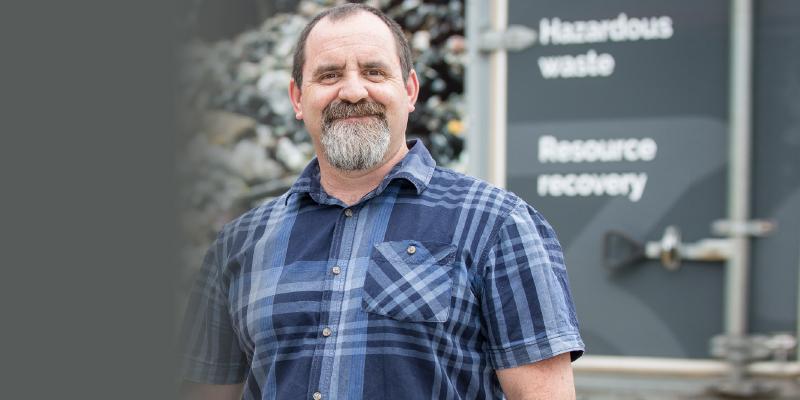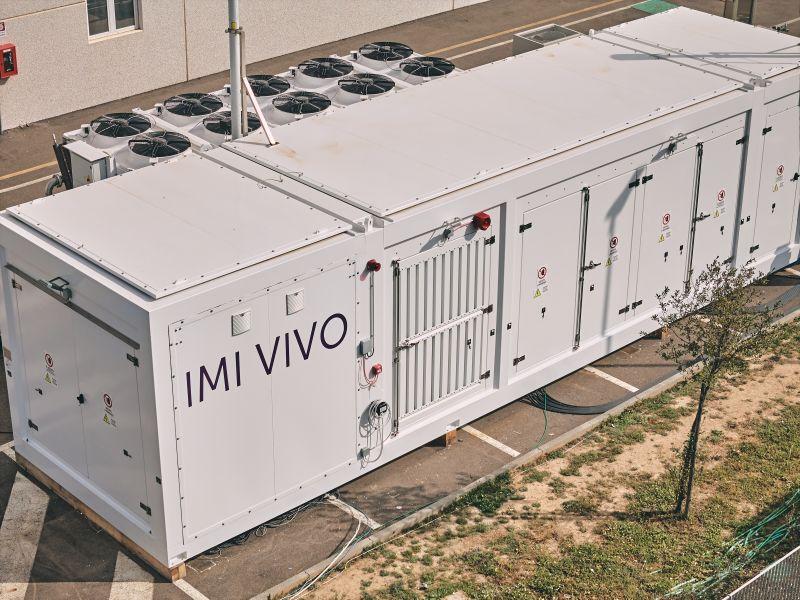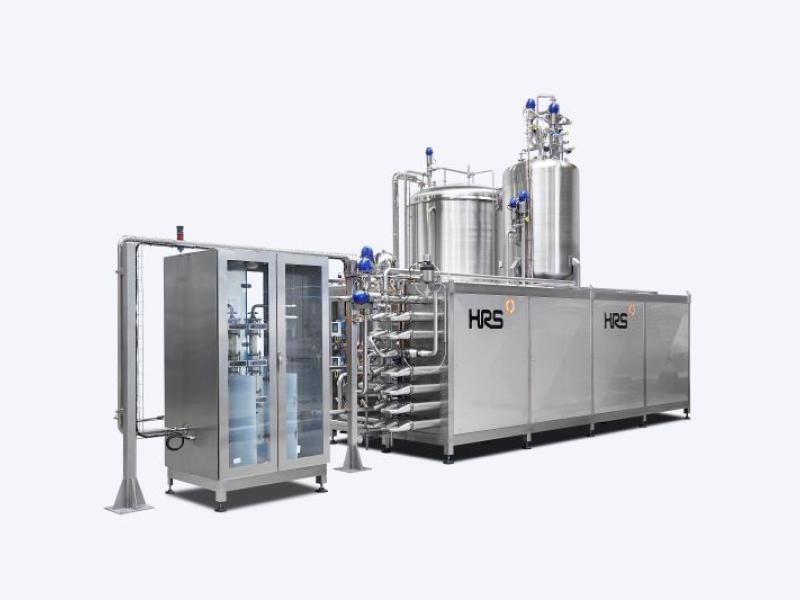Millions of plastic oil drums and other lubricant containers going to landfill is set to become a thing of the past in New Zealand.
The announcement by Associate Minister for the Environment Eugenie Sage outlines consultation to declare single-use consumer plastic packaging a priority product under the Waste Minimisation Act 2008. This would trigger the requirement for regulated product stewardship for packaging, including lubricant containers.
The lubricant industry is ahead of the curve, with key stakeholders having formed a voluntary product stewardship project in February 2018 to tackle the estimated 4.5 million lubricant containers that are discarded each year in New Zealand, says project manager Trevor Tutt of product stewardship experts 3R Group.
“The Government announcement supports the work our stakeholders are doing to create a circular economy for lubricant packaging,” he says.
Product stewardship sees importers, producers and retailers take responsibility for their products at the end of life by ensuring they are reused, repurposed or recycled. Regulated product stewardship requires the whole industry to participate, by law.
“The proposal to declare lubricant packaging as a priority product is exciting as it will level the playing field and allow us to potentially work together to find effective solutions,” Tutt says. The funders of the project currently represent over 60 percent of lubricant in packaging supplied to the New Zealand market by packaging volume.
“Lubricant packaging is one of those products that doesn’t automatically spring to mind when consumers think about recycling and packaging waste. This just shows the breadth of impact this announcement will have and how progressive the lubricant working group is,” says Tutt.
“They will be pleased to be further along in this process due to their proactive approach to reducing any potential harm from poor disposal of their product packaging and due to their aims to recover resources that would otherwise be lost to landfill. Most importantly, the stakeholders are keen for others in the industry to join them and benefit from this head start towards a product stewardship solution.”
While a small number of the containers, mostly drums, are currently recycled, the majority go to landfill, despite the packaging mostly being made of highly recyclable plastic (HDPE – plastic resin code 2).
“The problem is the level of contamination from the residue left inside those, and grease cartridges, when they are empty,” Tutt says.
The project working group recently released a summary report, prepared by project managers 3R Group, which identifies and explores product stewardship options for the packaging. It has also looked at existing international stewardship programmes for lubricant containers, the legislation governing them and their effectiveness.
The final steps for the Working Group include working out the “nuts and bolts” of a stewardship programme, such as operational interactions, impacts on participants, steps for implementation and establishments of the necessary governance structures, and of course any changes required as a result of the Government’s announcement today, says Tutt. The final stage is due to be delivered by the end of the year.
Stakeholders who have worked on scheme design at various stages include Aegis Oil Co, Allied Petroleum Ltd (Mobil Lubricants), Castrol NZ Ltd, Farmlands Co-Operative Society Ltd (Gulf Oil), Oil Intel Ltd (Total Lubricants), Penrite Oil NZ Ltd, TransDiesel Ltd (ENI Lubricants), Valvoline NZ Ltd and Z Energy.
Packaging New Zealand has also welcomed the Government’s recognition that packaging be considered a priority in New Zealand.
The group’s Executive Director Sharon Humphreys said the announcement reflects a willingness by Government – not seen since the days of the Packaging Accords – to address the complexities, as well as the benefits that packaging offers all
New Zealanders.
“It is recognition of the capacity business has to understand supply chains and then work out cost effective solutions taking account of logistics, product design and stakeholder and customer expectations, including a deep understanding of the impacts of significant amounts of imported packaging and products, often as a consequence of free trade agreements.”
Packaging New Zealand expects the Government’s programme for making packaging a ‘Priority Product’ will focus all those involved in supply chains on a whole-of-life approach, because “Business does not have the luxury of superficial but simplistic solutions. Business has to produce and sell goods that customers wants to buy, adapt to changing societal expectations and balance all three pillars of sustainability; financial, social and environmental. We are optimistic that collaboration will see practical solutions for managing packaging to achieve the different and joint responsibilities of industry, government and all New Zealanders to transition to a circular, zero waste economy.”






